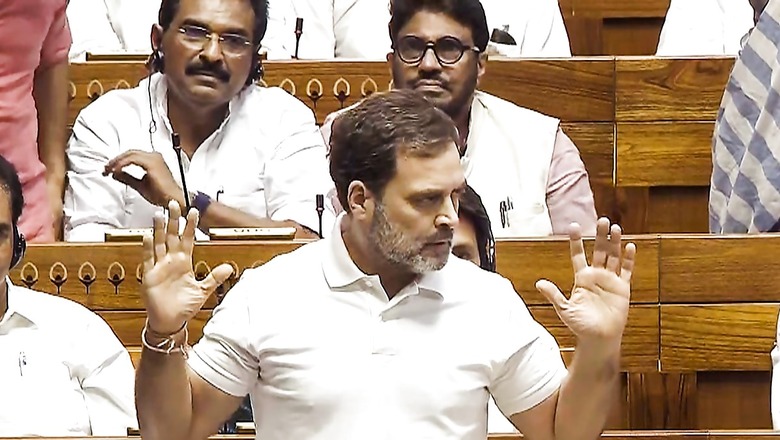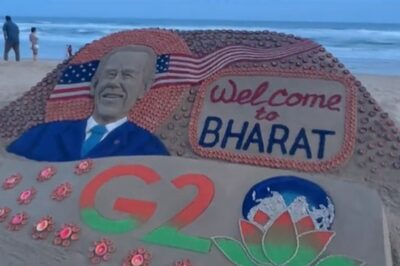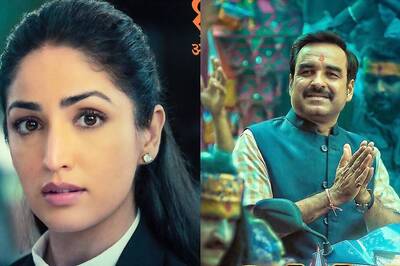
views
According to the senior IAS officers, a team of very senior officers, mostly of secretary ranks, is in charge of formulating policies, designing and drafting the budget documents. The current batch of secretaries, the empanelled officers and the secretary designate officers generally belong to the batches which came in or before 1992. There were reserved categories for SC and ST, but not OBC.
The OBC classification into All India Service (AIS) came post 1994-95 following the court verdict, and after considering the reports by Kalelkar commission and Mandal commission along with the data of National Sample Survey Organisation. People who are informed about the structure, the hierarchy and the progression in All India Services (AIS), know how the batch system works in gaining seniority.
In addition, there is the age factor as well. The candidates, who opt for reserved categories, also are eligible for an extended age limit to appear for the examination, which at times leads them to arrive late in the service. They often retire before reaching the rank of a secretary.
The Technical Nuances
A close look at the list of secretaries, available with the government, reflects the numbers which may look scarce for the OBC or SC or ST officers, however, the officers mostly come from the batches prior to the decision of bringing in OBC as a category.
One may argue about the numbers of ST and SC communities. The list has at least half a dozen officers who belong to SC and ST communities, and they are holding important changes in the government.
A senior IAS officer pointed out that the reservation does not work after an officer starts serving the government. The government always promotes at least 20 per cent of reserved categories conventionally. But there is no formal rule related to promotion or posting for reserved categories. The reservation comes to work only during recruitment. The career progression generally takes place based on multiple factors which include merit, experience, circumstances among other issues.
The government has a tribal officer serving in the PMO for a very long time and was then assigned one of the most crucial international positions. There are instances, which would probably defy Gandhi’s claim, the officer added.
There are several intricate and technical details about the service, reservation and the categorisation of SC, ST, and OBC. Starting from 2002 to 2023, across several Parliament sessions — including in 2011, 2014, 2015, 2019, 2021 and latest in 2023 — the ministers concerned of DoPT (Department of Personnel and Training) keep providing statistics about the caste data in All India Services and under the central government staffing scheme which includes IAS, IPS and IFoS officer. However, the numbers for the reserved categories did not drop over the years, even in terms of career progression barring a few exceptions.
Playing to the Gallery
There is a need for parity in the private and government professional sectors and there are ways to push inclusivity cutting across the caste lines. However, Gandhi’s rhetoric often overlooks the intricacy, and multiple other factors of the reservation system and the multifaceted challenges that come with it.
The reservation of SC, ST and OBC in IAS, IPS and IFoS is in accordance with the policy of the Government, which prescribed for 15 per cent, 7.5 per cent and 27 per cent reservation for these categories, respectively.
By failing to acknowledge the historical context and the nuanced progression of the reservation policy, his narrative often risks being perceived as superficial and politically opportunistic. His calls for increased Dalit and OBC representation in the bureaucracy may resonate with a section of voters but appear misplaced and uninformed to those familiar with the intricacies of the issue. This looks like playing to the gallery.
The real challenge lies not just in boosting numbers but in addressing the deep-seated institutional biases and creating an environment where merit and representation coexist. Gandhi’s approach needs a more nuanced understanding and a comprehensive strategy, or it risks being dismissed or trivialised as another politically charged statement rather than a genuine solution to a complex problem.




















Comments
0 comment